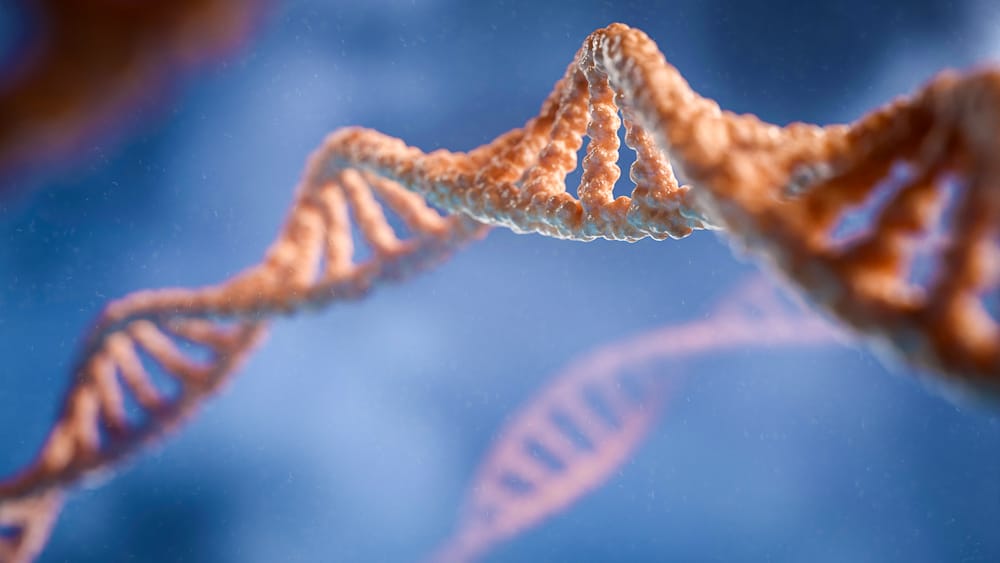Genetics: 30-40% of Happiness

Genetics contributes to happiness by affecting how our brains process emotions and respond to external stimuli. Key neurotransmitters like dopamine, serotonin, and endorphins, which regulate mood, are influenced by genes. For instance, genetic variations may determine how efficiently the brain produces and uses dopamine, a chemical associated with pleasure and reward. These genetic differences can explain why some individuals naturally experience higher or lower baseline levels of happiness.
Evolution also plays a role. Traits linked to emotional resilience and contentment likely offered survival advantages to our ancestors, helping them form strong social bonds, endure hardships, and pursue goals. As a result, certain genetic patterns associated with happiness became more common over time.
What Can We Do About It?
While our genes may influence happiness, they don’t dictate it. In fact, the majority of what determines our well-being—60-70%—is shaped by our environment, behaviors, and choices. Here’s how we can take control:
Foster Positive Habits: Engaging in practices like gratitude, mindfulness, and regular exercise can enhance the production of mood-regulating neurotransmitters. For instance, physical activity increases dopamine and endorphin levels, improving overall mood.
Build Strong Relationships: Social connections are one of the most significant contributors to happiness. Even for those with a genetic predisposition toward lower baseline happiness, supportive relationships can provide emotional stability and joy.
Practice Resilience: Learning to reframe challenges and cultivate optimism can counteract genetic tendencies toward negative thinking. Techniques like cognitive behavioral therapy (CBT) can help reshape thought patterns and improve emotional well-being.
Prioritize Mental and Physical Health: Healthy sleep, nutrition, and stress management all interact with our brain chemistry, helping mitigate the impact of less favorable genetic predispositions.
By focusing on factors within our control, we can rise above genetic predispositions and create a life that fosters lasting well-being. Genetics might set the stage, but it’s our actions that write the script.
Learn more at World Happiness Report: Exploring the Biological Basis for Happiness.